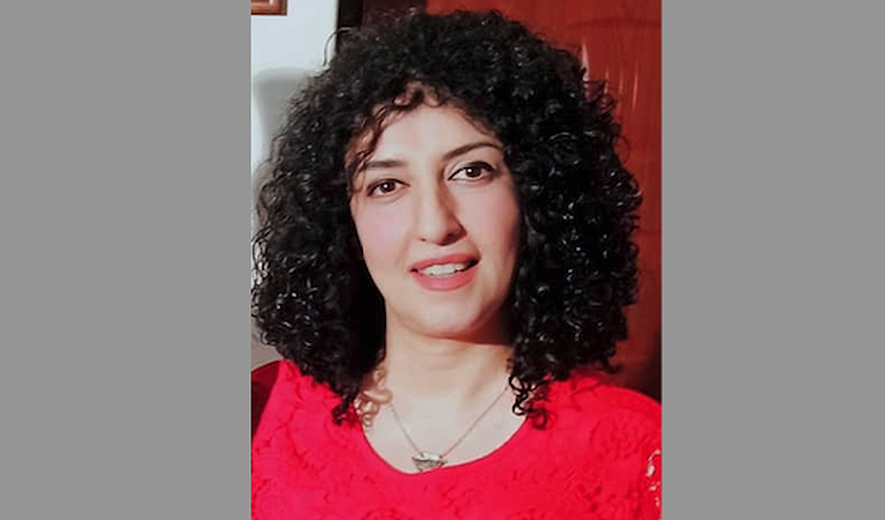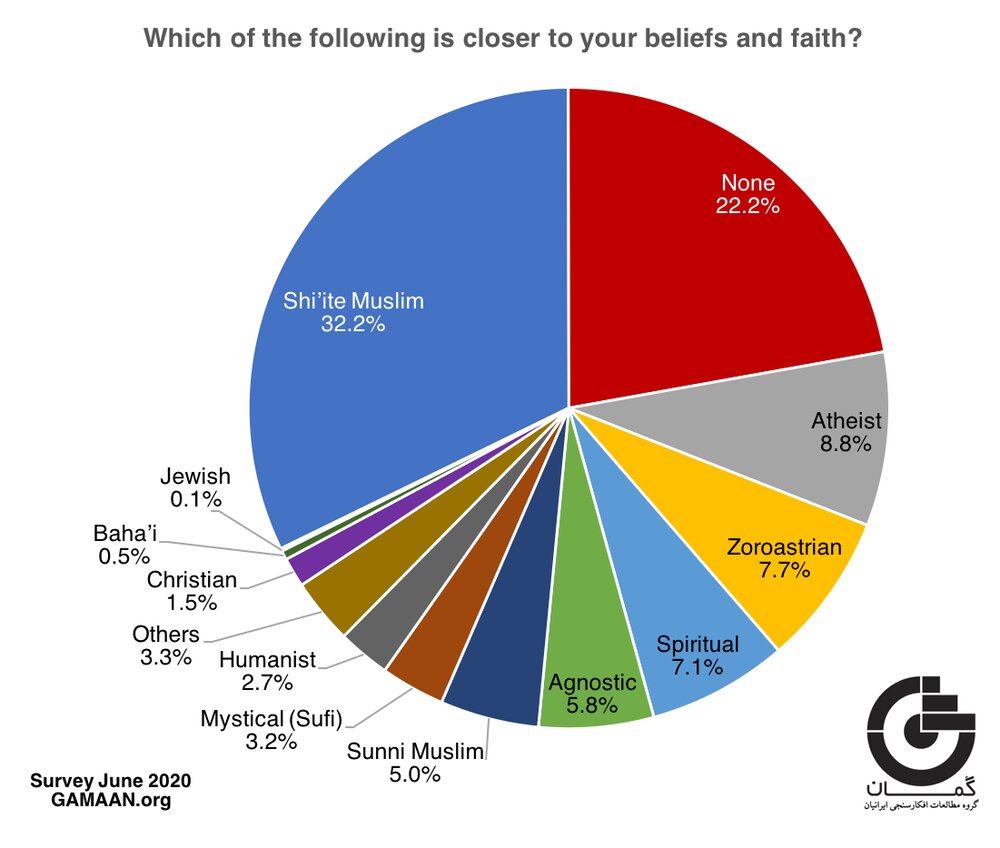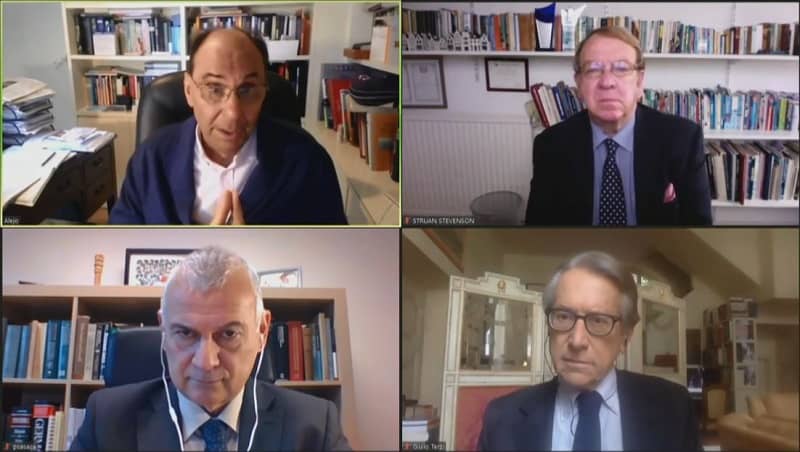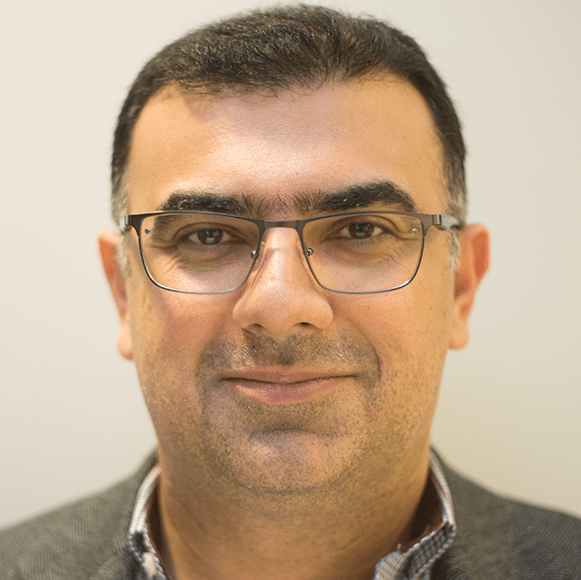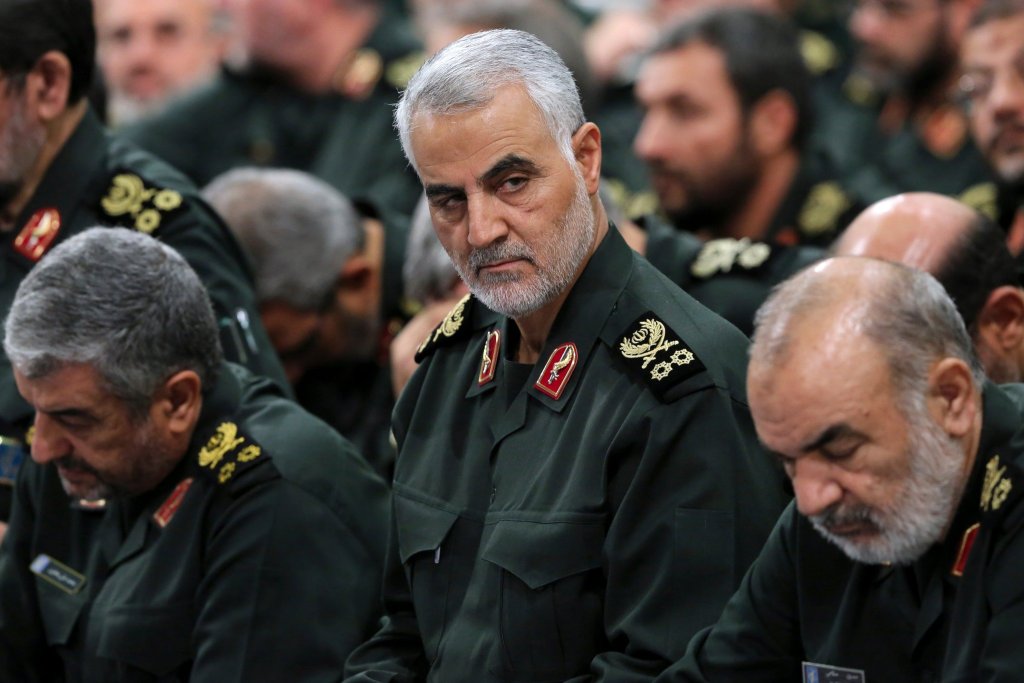نرگس محمدی، فعال مدنی و مدافع حقوق بشر، بیش از سه هفته است که بار دیگر در سلول انفرادی حبس شده است. او از دهه هشتاد به بعد بهتناوب در زندان به سر برده است. دوره آخرین زندانش بعد از تحمل پنج سال و نیم حبس در ماه مهر ۱۳۹۹ تمام شد، اما آزادی او بیش از سیزده ماه طول نکشید و در حالی که در دومین سالگرد جنایت بزرگ آبان ۹۸ در مراسم یادبود ابراهیم کتابدار، از جانباختگان اعتراضات سراسری آبان ۹۸، شرکت کرده بود، بازداشت شد.
بهانه دستگیری او اجرای حکم محکومیت تازه از سوی شعبه ۱۱۷۷ دادگاه کیفری دو مجتمع قضایی قدس تهران بود. بهموجب این حکم ننگین، نرگس محمدی بهاتهام «فعالیت تبلیغی علیه نظام جمهوری اسلامی ایران از طریق انتشار بیانیه (بیانیه مبارزه با اعدام)، تحصن در دفتر زندان، تمرد از ریاست و مقامات زندان (برای پایان دادن به تحصن اعتراضی)، تخریب شیشهها، افترا و ایراد ضرب و جرح» به سی ماه حبس تعزیری، هشتاد ضربه شلاق و پرداخت دو فقره جزای نقدی محکوم شده بود.
انتشار «بیانیه مبارزه با اعدام» و همچنین «تحصن دیماه سال ۹۸ در اعتراض به کشتار مردم در اعتراضات سراسری» از دیگر موارد اتهامی نرگس محمدی بود. این اتهامات موقعی که او در زندان بود به وی تفهیم شد.
اما حضور نرگس محمدی در بخش انفرادی زندان اوین این احتمال را برجسته ساخته که برای او پرونده جدیدی باز شده است. تحمل کیفر برای احکام قطعی معمولاً در زندان عمومی است و زندانی را به سلول انفرادی نمیبرند. نرگس محمدی اعلام کرده که اجازه نمیدهد حکم ننگین و شبهطالبانی شلاق را در مورد او اجرا کنند.
اما آنچه باعث شده، بهرغم بیماری او و ریسک بالای حبس، جمهوری اسلامی وادار شود او را دوباره به زندان برگرداند، نگرانی از فعالیتهای آزادیخواهانه و انتقادی نرگس محمدی بود که عرصه را بر اقتدارگرایان حاکم تنگ کرده بود.
نرگس محمدی بعد از آزادی بهفوریت و بدون هیچگونه وقفه به مبارزات مدنی و خشونتپرهیز خود ادامه داد و ساخت مطلقه قدرت را به چالش کشید. الگوی مبارزاتی نرگس محمدی کاربست نافرمانی مدنی و تلاش برای ایجاد جنبش اجتماعی و ایجاد فشار اجتماعی بود. او تاوان این رویکرد مردمی را میدهد که فقط با اتکا به مردم و بیاعتنا به رویکردهای دولتمحور و یا مداخله ناموجه خارجی بهدنبال تحقق مطالبات مردم و دادخواهی است.
مبارزات او فقط جنبه عملی نداشت بلکه بهموازات میکوشید تا فهم عمومی از موازین حقوق بشری، فرهنگ مدارا و رواداری را نیز گسترش دهد, همچنین روشهای سرکوب چون سلول انفرادی و شکنجه سفید را مستند کند و قبح و ماهیت ویرانگر آنها را در معرض دید افکار عمومی قرار دهد.
نرگس محمدی بعد از آزادی تصمیم گرفت کماکان فعالیتهایش را در حوزه مدنی، حقوق بشری و دادخواهی متمرکز کند و در عین حال به مسئولیت سیاسی خود در پیکار با حکومت خودکامه و تلاش برای استیفای حقوق ملت عمل کند.
در زمانه حاضر داستان نرگس محمدی از غمناکترین ستمهایی است که بر فعالان سیاسی و مدنی مستقل و منتقد ایرانی میرود. جدا از بیداد آشکار عمله استبداد دینی، حبس نرگس محمدی تقابلی را نمایان میسازد که یک سوی آن ترس پایانناپذیر قدرت استبدادی است و در سوی دیگر رهاییطلبی انسانی بیسلاح است که با نه گفتن به تسلیم، گفتمان رهایی و پیکار برای تغییر را زنده نگاه میدارد.
نرگس محمدی در پی حماسه نیست، اما او میخواهد نیروهای محذوف جامعه از حقوق انسانی و شهروندی خود برخودار باشند و همه آحاد جامعه طعم آزادی و برابری را بچشند. نرگس محمدی از شروع فعالیتش در دانشگاه امام خمینی قزوین تا به امروز رهرو مسیری بوده است که پایان استبداد و حکومت فرد و یا اقلیتی بر جامعه را با اتکا به خلق قدرت مردم بشارت داده است.
از زاویهای تاریخی، نوعی همسانی بین سرنوشت نرگس محمدی و موقعیت مردم ایران در تاریخ معاصر وجود دارد که در مواجهه با اشکال مختلفِ استبداد و تلاش برای برقراری و حفظ نوعی اندکسالاری در تنگنا و سختی قرار گرفتهاند؛ اما علیرغم مشکلات و موانع از حرکت باز نایستاده و مشعل مقاومت را روشن نگاه داشتهاند.
نرگس محمدی با همه مشقتها حضور در داخل کشور را ترجیح داد و حال باز راهی حبس شد تا بدین ترتیب ترس و هراس بیمارگونه قدرت استبدادی برای چند صباح فرو بنشیند. اما وجود نرگس محمدی و ایستادگی او حجتی بر پلشتی و دیوسیرتی نظامی است که برای حفظ قدرت و باورهای ایدئولوژیک و واپسگرایانهاش هیچ حد و مرزی برای ستم و جنایت نمیشناسد.
ولی این وضعیت دائمی نیست. ترس از مقاومت انسانهایی که زندگی در اسارت را نمیپذیرند تا آخر همزاد جباریت سیاسی است و در آخرین گام چون سنگی شیشه حیات آن را می شکند. این ترس باعث میگردد هر صدای معترضی فرو خوابانده شود و زندانها پر از کسانی گردد که قدرتنمایی حکومت را به چالش طلبیدهاند. روزنههای تغییرات آرام و تدریجی بسته میشود و همهچیز برای انفجار ناگهانی خشم و طغیان سرکوبشدگان مهیا میگردد. این خوف همانطور که آرامش را از حاکمان میستاند، آنها را بهتدریج به کریدور مرگ و تباهی هدایت میکند.
در برابر اتکای فزاینده نظام به سرکوب و استفاده از قوه قهریه، مردان و زنانی هستند که به امید طلوع خورشید آزادی، مرارتها را در نظر نمیگیرند و از خود میگذرند تا دردها و آلام جامعه کاهش یابد. نرگس محمدی و کسانی که امروز عمدتاً در صحنه پیکار برای جامعه مدنی مقتدر و دموکراسی حضور دارند، بهدنبال برقراری جامعه طراز نوین و مدینه فاضله نیستند. آنها میخواهند ملت ایران از مزایای مردمسالاری و استیفای حقوق شهروندی برخوردار شود. گفتمان مقاومت آنها بهدنبال خواستههای حداکثری نیست بلکه با اتکا به عقلانیت سیاسی و نیروی اراده میکوشد تا مسیر دستیابی به آرمانها هموار شود.
اکنون نرگس محمدی نماد مقاومت مردم ایران در برابر اژدهای استبداد دینی است که وجدان عمومی جامعه را مخاطب قرار داده است تا توان خود را باور کنند و ایمان بیاورند که میشود در پرتو اکسیر مقاومت و عمل جمعی همافزایی ایجاد کرد و نشان داد که زیست در استبداد شایسته ایرانیان در قرن بیست و یکم میلادی نیست.
البته نرگس محمدی میخواهد جایگزین این استبداد شکل دیگری از استبداد و تمامیتخواهی نباشد بلکه بعد از یک قرن تکاپو مطالبات تاریخی ملت در شکلگیری کثرتگرایی سیاسی و فرهنگی و مشارکت سیاسی و اجتماعی برابر و خالی از هر گروه مرجعیت اقتدار خارج از توافق اجتماعی محقق شود. آینده ایران مرهون مبارزات و هزینههایی است که امثال نرگس محمدی پرداخت میکنند. او ترجمان خواست یک ملت برای رهایی و زندگی شایسته انسانی است.
این مبارزات خستگیناپذیر و تحمل حبسها و آزارها سرمایه انسانی را پدید میآورد که منجر به بلوغ سیاسی و زوال اختناق خواهد شد. در چشمانداز تاریخی، جمهوری اسلامی ایران در مصاف با نرگس محمدی و دیگر پیکارگران آزادی و برابری بازنده خواهد بود. حکم آخر او بهشکلی عینی و مستند شباهت نظام به نگرش طالبانی و داعشی را آشکار ساخته و مشروعیت آنها را بیش از پیش زائل کرده است.
به نقل از رادیوفردا

